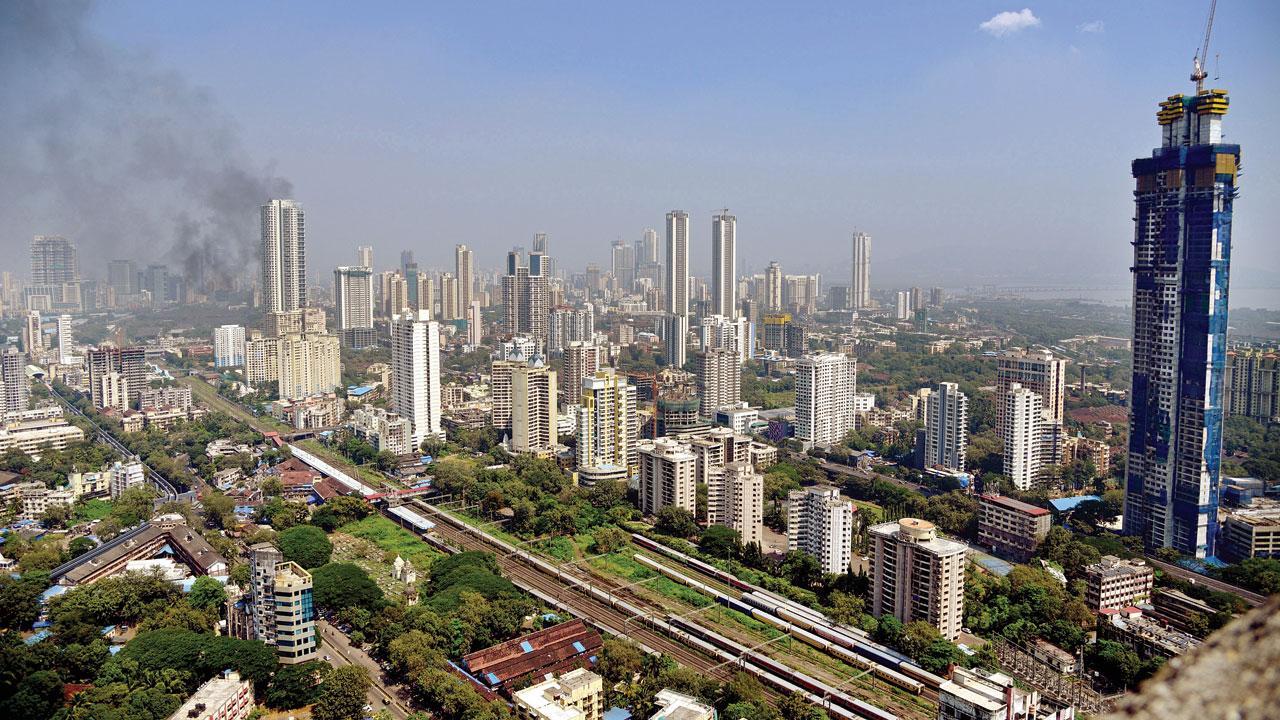
Housing activists and state housing federation members are puzzled and irked with a recent government resolution (GR) pertaining to mandatory seats from the reserved category in the elected body of cooperative housing society with 35 members or less.
While the government decision has brought down the minimum number of committee members from 11 to 5, the new circular has kept one seat for candidates from open category and remaining four seats are reserved (SC/ST, OBC, VJNT and woman candidate). The concern is how a committee would be formed, when small societies with 35 members or less do not have members to contest from the reserved seats.
Activists are now contemplating to take up the issue with the state cooperative minister, principal secretary of cooperation and state commissioner of cooperation in the coming week.
Advocate Shreeprasad Parab, expert director, the Maharashtra State Housing Federation said, “The government decision is restricted to only housing societies with 35 members or less and it is not applicable to societies with 100 members or less, that means we are referring to about 25,000 to 30,000 from the 1,25,000 registered housing societies in Maharashtra.”
Advocate Parab said, “The GR is unclear in the scenario if such a society has no members from the reserved category. Will that mean that the society body be led by only one member from general category? Or else administrators be appointed, like it was done in the past,” said Parab.
What if
1. What if any of the above members from reserved category are not available, then only one member could be elected from the general category as per this GR, whereas the minimum quorum required is three?
2. What if any such housing society has declared the elections and the process has started where the members have filled their nomination forms – will the GR be applicable?
3. What if in a housing society the strength of the elected body has fallen below five then whether this GR will be applicable to such a housing society?
“In a political system, if a group is not represented proportionately then its ability to influence policy-making is limited. Therefore, reservations are provided to make political justice and upliftment of all groups. But while providing reservations the proportion shall be ascertained in such a manner that in majority of cases the elected body shall complete its tenure of five years with a smooth and proper administration of the society,” said Parab.
Separate chapter introduced
CA Ramesh Prabhu, founder Chairman of Maharashtra Societies Welfare Association, (MAHASeWA) said, “Considering the unique features of housing societies, a separate chapter XIII B Section 154B-1 to 154B-31 for housing societies was included in the MCS, 1960, effective from March 9, 2019. The committee is constituted as per section 154B-19(2) and despite gaining more than two thirds of the strength of the committees these seats from reserved category remain vacant in number of housing societies and it creates a immense challenge to constitute the committee. This issue never gets resolved by the cooperative department because of their alleged nexus with the administrator.” “Such situations of impasse are rampantly witnessed in MMR region – Mumbai, Thane, Navi Mumbai and even Pune, where administrators can get appointed perpetually,” said Prabhu.
Quorum for the committee
“Considering the difficulties faced by cooperative housing societies in getting the candidates from reserved categories to constitute the committee, the above new chapter on cooperative housing societies was introduced, which provided that for the purpose of strength of the committee and quorum for the committee, the vacant seats in reserved categories may be ignored. In other words, such seats will be filled only when candidates are available otherwise it should not affect the formation of the committee. And the note clearly states that the majority of the Committee members in the office are considered as quorum,” said Prabhu. However, with the recent GR, the housing societies cannot take benefit of the chapter introduced in 2019.
Difficult composition
“In practice such composition in the CHS will be difficult and in the absence of members from reserved category the power will be concentrated in the hands of few managing committee members. Having spent over three decades in the legal field, my experience highlights a concerning trend where managing committee members often act high-handedly, in contravention of the fundamental principle of cooperation. As such concentration of power in the hands of a select few, particularly in societies with lesser than 35 members and lacking representation from diverse groups like women, ST, SC, and OBC, risks fostering dictatorship and potential misuse and abuse of authority,” said advocate Godfrey Pimenta, trustee of Watchdog Foundation.
Solution – way forward
“Earlier rule was that a smaller housing society with less than hundred members were expected to have at least eleven committee members, of which five were reserved seats and six were open seats, however with the minimum number brought down to five, the way to resolve the hurdle is to allow additional open category member to replace the reserved seats, in case of smaller societies, where such reservations is not available or possible. We will be discussing the landmark case of Tilak Safalya Cooperative Housing Society with the concerned authorities during our meeting,” said advocate Parab.
CA Ramesh Prabhu, has a different suggestion, “The solution would be have three members from general category and four members from each of the reserved category and thus the committee will have seven positions. The committee can be formed with minimum three members from general category,” said Prabhu.
#Maharashtra #puts #small #housing #societies #dilemma